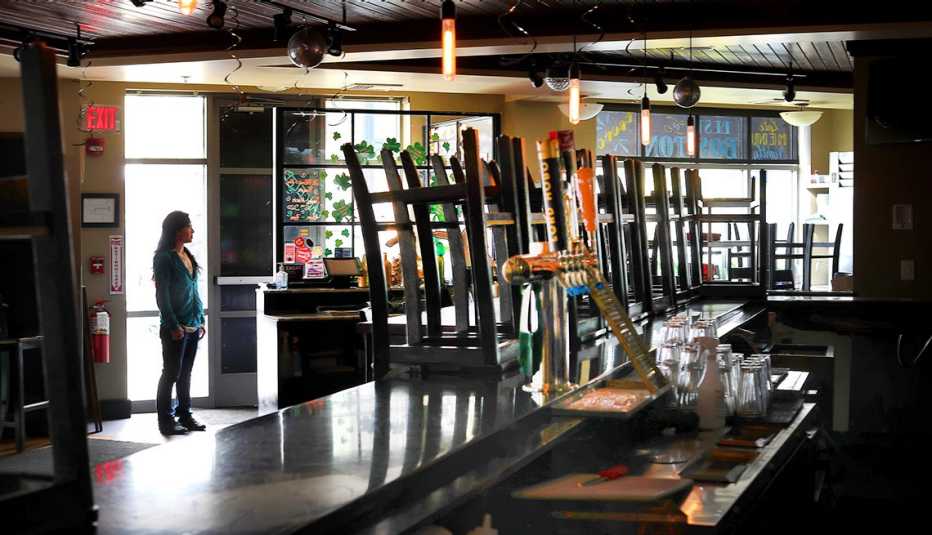Staying Fit


Small and midsize businesses need money from time to time, whether it's to get started, expand or stay open. In the wake of the COVID-19 shutdowns, so much of the attention went to the Paycheck Protection Program (PPP) and Economic Injury Disaster loans (EIDLs) that some entrepreneurs might have overlooked the resources that are available through federal, state and local governments.
There are many types of assistance programs and they vary depending on where your business is located, says Lenin Agudo, director of Widener University's Small Business Development Center (SBDC) in Chester, Pennsylvania. Understanding the types of programs, where to find lenders and how to access them can help you unlock a variety of resources beyond the stimulus programs.


AARP Membership— $12 for your first year when you sign up for Automatic Renewal
Get instant access to members-only products and hundreds of discounts, a free second membership, and a subscription to AARP the Magazine.
Small Business Administration loans
For-profit companies that do business in the United States can get loans for up to $5.5 million through a variety of programs run by the Small Business Administration (SBA), the federal agency dedicated to helping entrepreneurs. These loans are obtained through an approved SBA lender, Agudo says. SBA programs typically require that you've been in business for at least two years and have invested in your business's equity. Some may require that you have exhausted other funding options first. Your bank can give you specifics on the criteria for each loan and which program is right for your business.
"It's better to have an existing relationship with a bank” if you're seeking an SBA loan, Agudo says. If your regular bank is an SBA-approved lender, start there. They have familiarity with your business and may be able to guide you to the best programs, which may include:

































































More From AARP
These Companies Are Hiring During Coronavirus Shutdowns
Unemployment is rising, but these essential businesses need workers
Small Businesses Can Get Help Covering Costs of Coronavirus Shutdowns
Federal government taking steps to ease financial pain